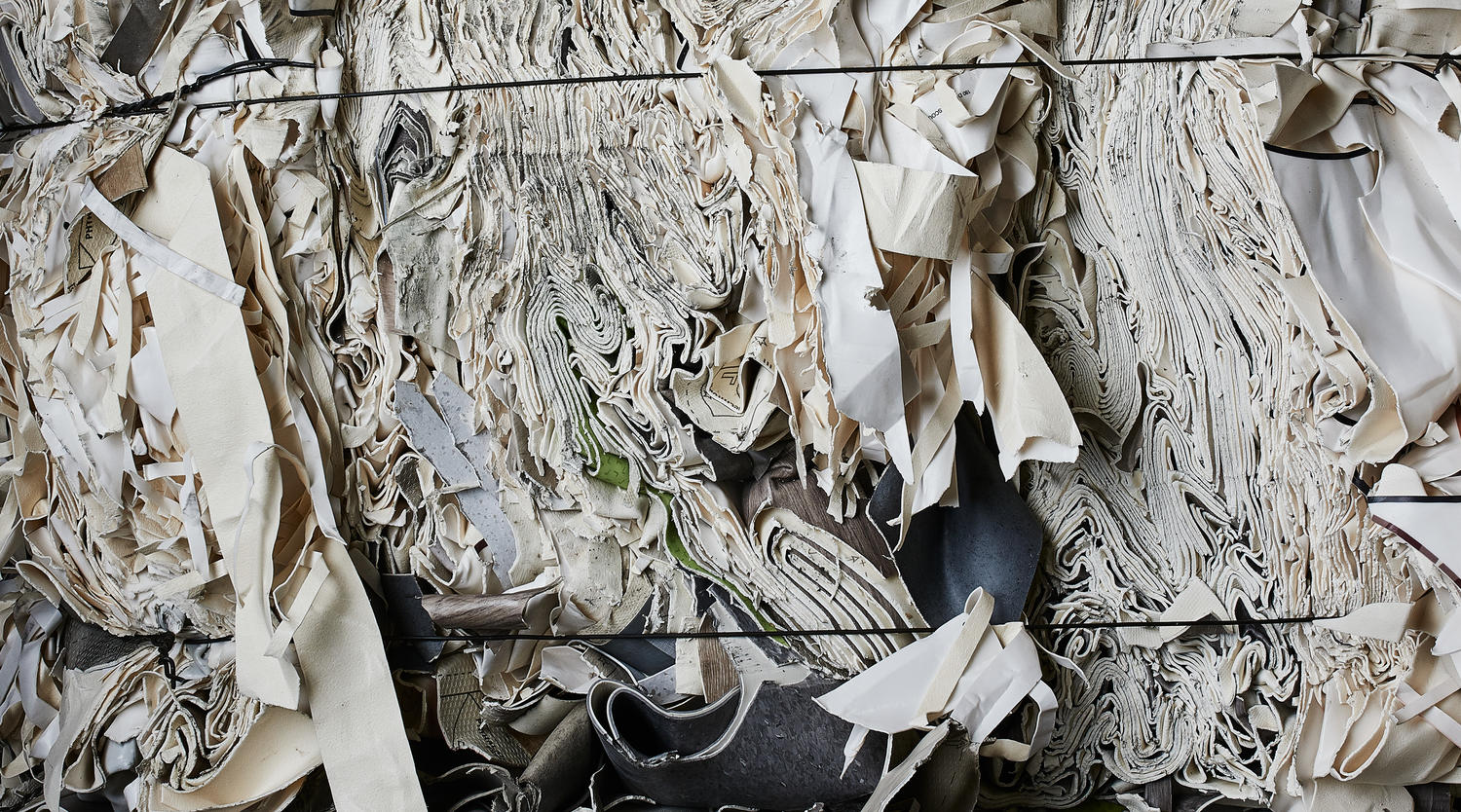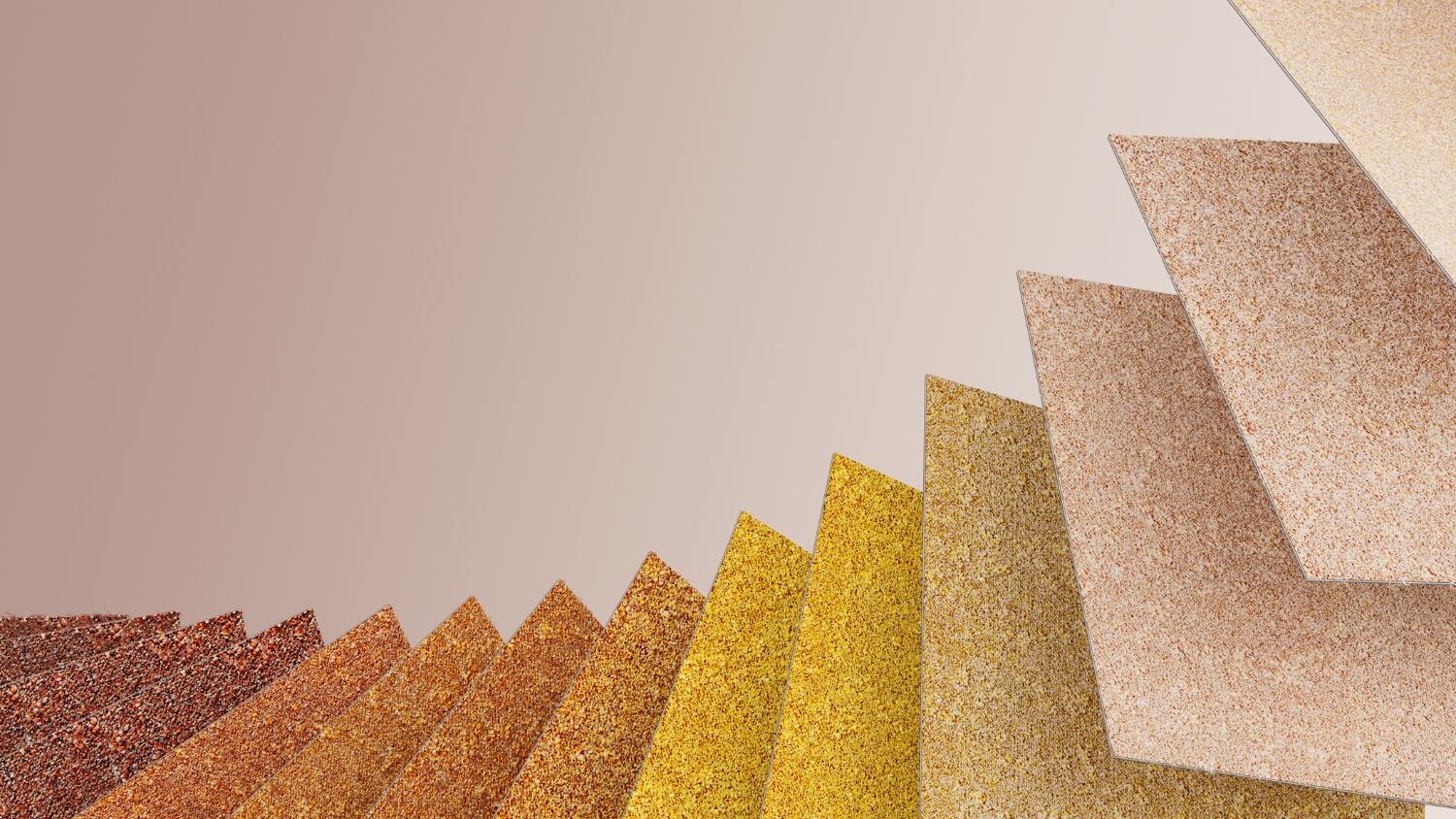
The Beauty of Circularity DESSO
Carpet tiles
The Beauty of Circularity
For us, the beauty of circularity is about the beauty of the reused materials that go into our products, the innovative manufacturing processes we implement, and the knowledge that we’re actively cutting down on waste and greenhouse gas emissions.
Our approach to circularity focuses on three key areas: Design, Materials, and Circular Journey.
Design
Rooted in Cradle to Cradle principles, all our design decisions start at the end – the perfect place for new, and renewed, beginnings. While designing for functionality and aesthetic appeal, we design for circularity, too – for the multiple long lives our products will live.
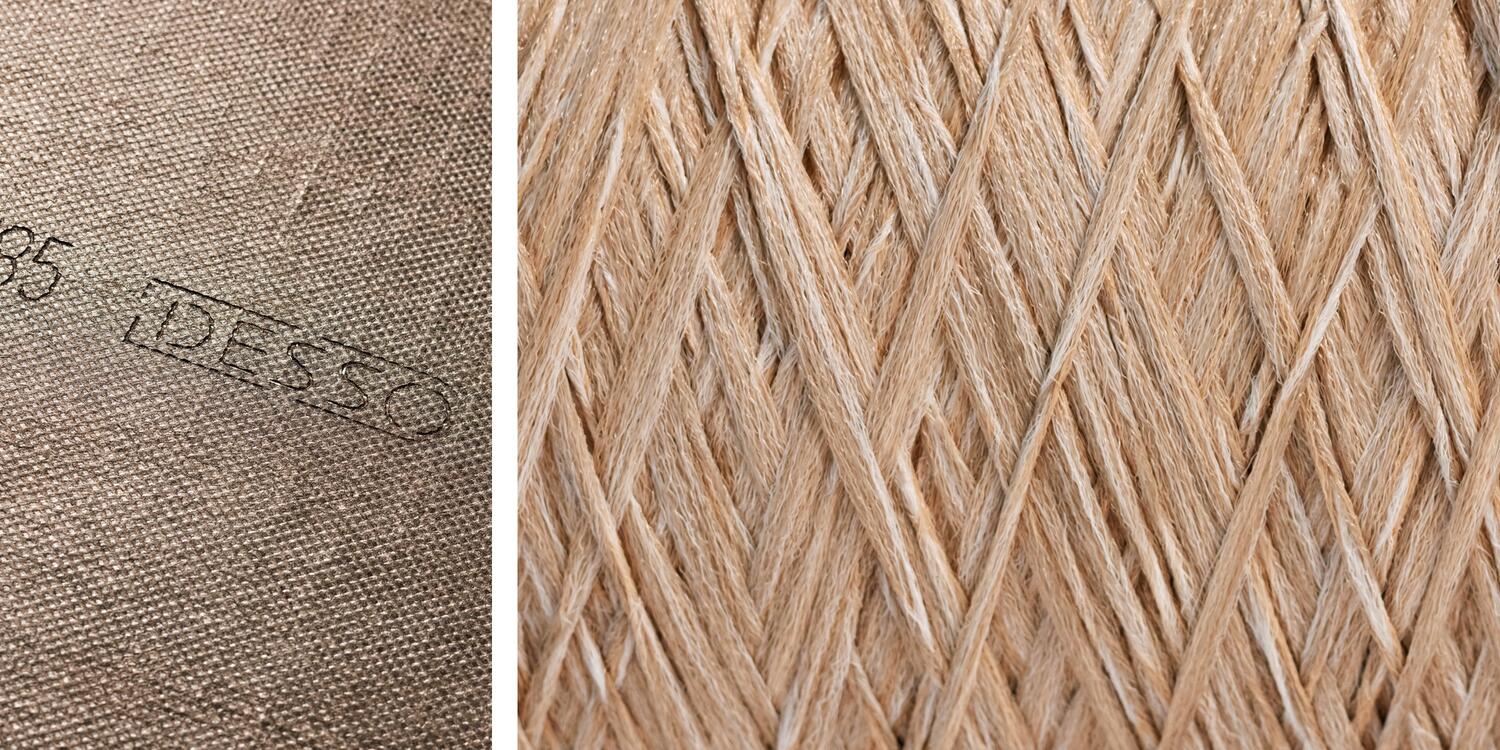
Materials
To limit the use of virgin raw materials, we cooperate closely with partner companies across industries, actively recovering valuable materials otherwise destined for waste. We already incorporate calcium carbonate from the local drinking water industry in our carpet tiles, but we’re not stopping there.
We’re actively on the lookout for robust new partnerships that would enable us to keep more healthy material resources in the loop.
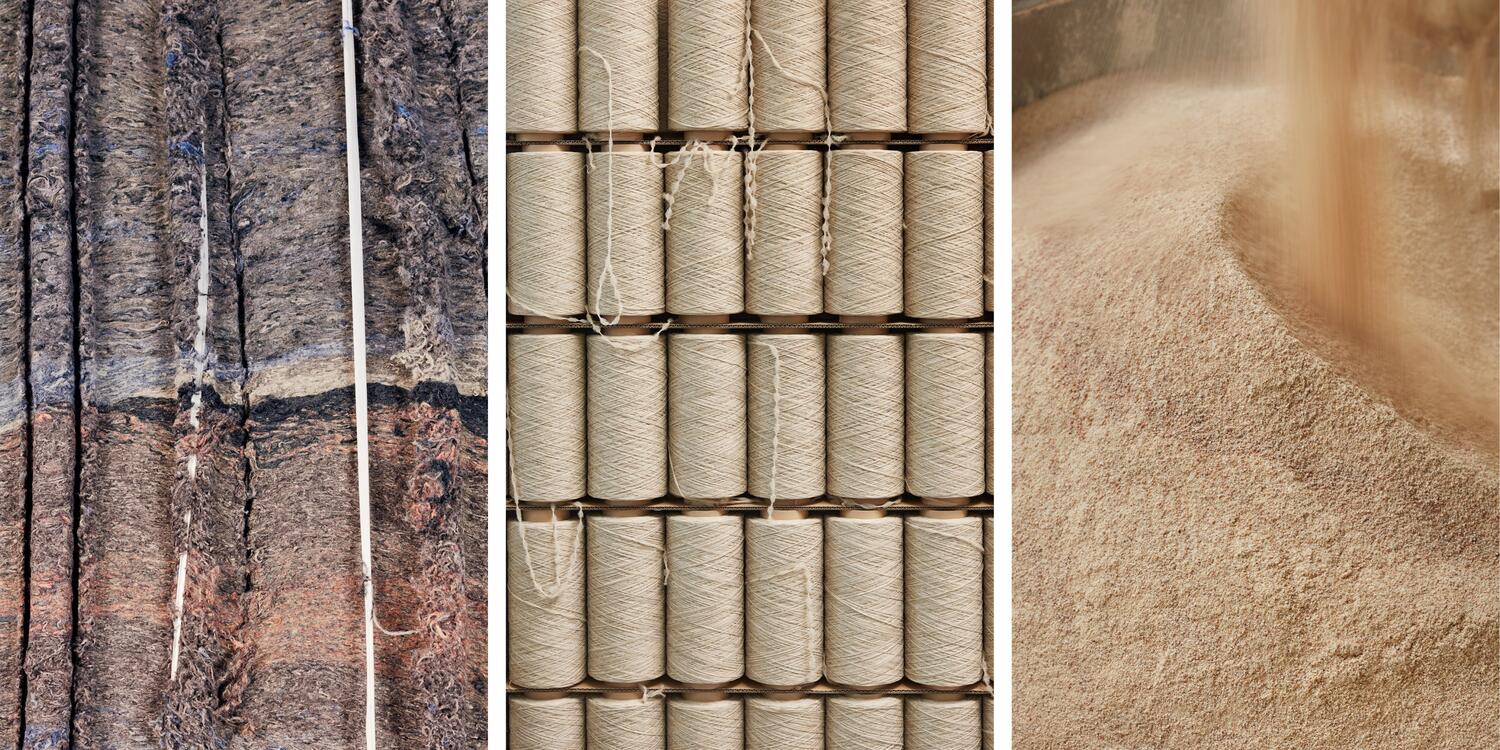
The Evolution of EcoBase
Restless innovators, we are constantly seeking ways to evolve our products and enhance material choices. Our newest evolution of EcoBase carpet tile backing sees bio-based pine rosin, a by-product of the Scandinavian paper industry, replace a petroleum-based resource.
This subtle, yet impactful, 5% material adjustment results in an average 20%1 reduction in each tile’s Circular Carbon Footprint while remaining 100% recyclable and Cradle to Cradle Gold-certified, thanks to DESSO’s closed loop system.
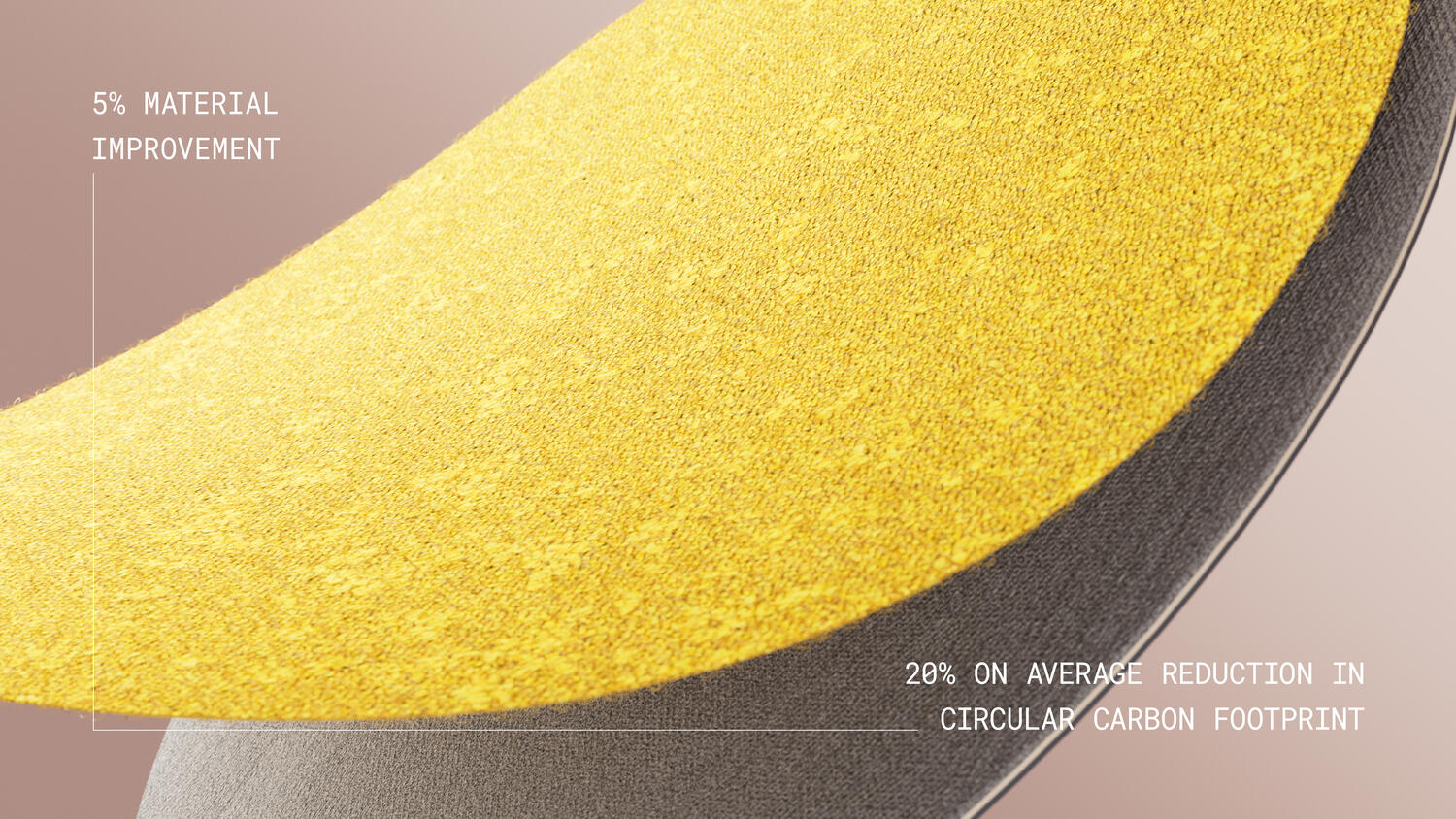
Circular Journey
We recognise that we are responsible for the full life cycle of every material we work with. Through our pioneering take-back and recycling programme, ReStart®, we recycle separated yarn and backing in our carpet recycling centre in the Netherlands without loss of quality, all the while complying with stringent health and environmental standards.
We don’t do it alone, of course – our network of committed partners helps make this circular journey possible.
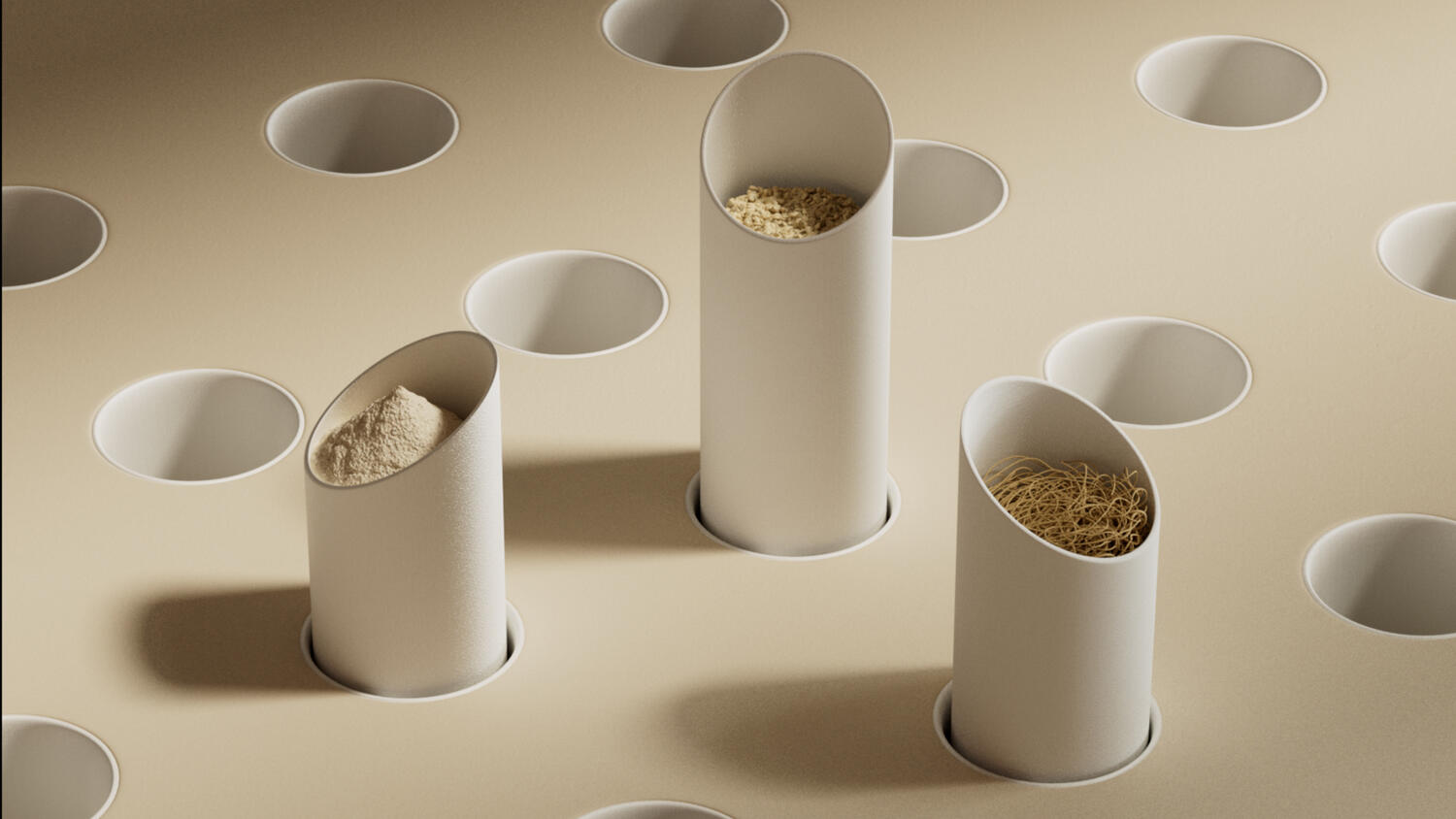
Our Circular Carbon Footprint
Together with our holistic design approach and carefully considered materials, our closed-loop system ensures that our carpet tiles record an impressively low Circular Carbon Footprint2 – one we're continually working, alongside our partners and customers, to shrink even further.
Understanding Circular vs. Linear Carbon Footprints
In a linear system, materials are extracted, used, and discarded. This take-make-waste model typically results in a larger carbon footprint, with valuable resources lost at the end of the product’s life.
Our holistic approach to sustainability ensures we do more with less at every stage— from the design of our carpet tiles to the materials we choose, to the circular systems we've put in place.
By keeping raw materials in use through closed-loop recycling, we ensure they are reintroduced into the production process, minimizing waste and carbon emissions. This circular approach ensures our DESSO carpet tiles record an impressively low Circular Carbon Footprint.
Externally Verified Closed-Loop Recycling
We are proud to be the only carpet manufacturer with a closed-loop recycling system externally verified through Environmental Product Declarations (EPD) and Lloyd's Register Verifications. At the end of their long life, our DESSO carpet tiles are welcomed back to our facility in Waalwijk, where they are recycled into high-quality raw materials for new carpet tiles, over and over again.
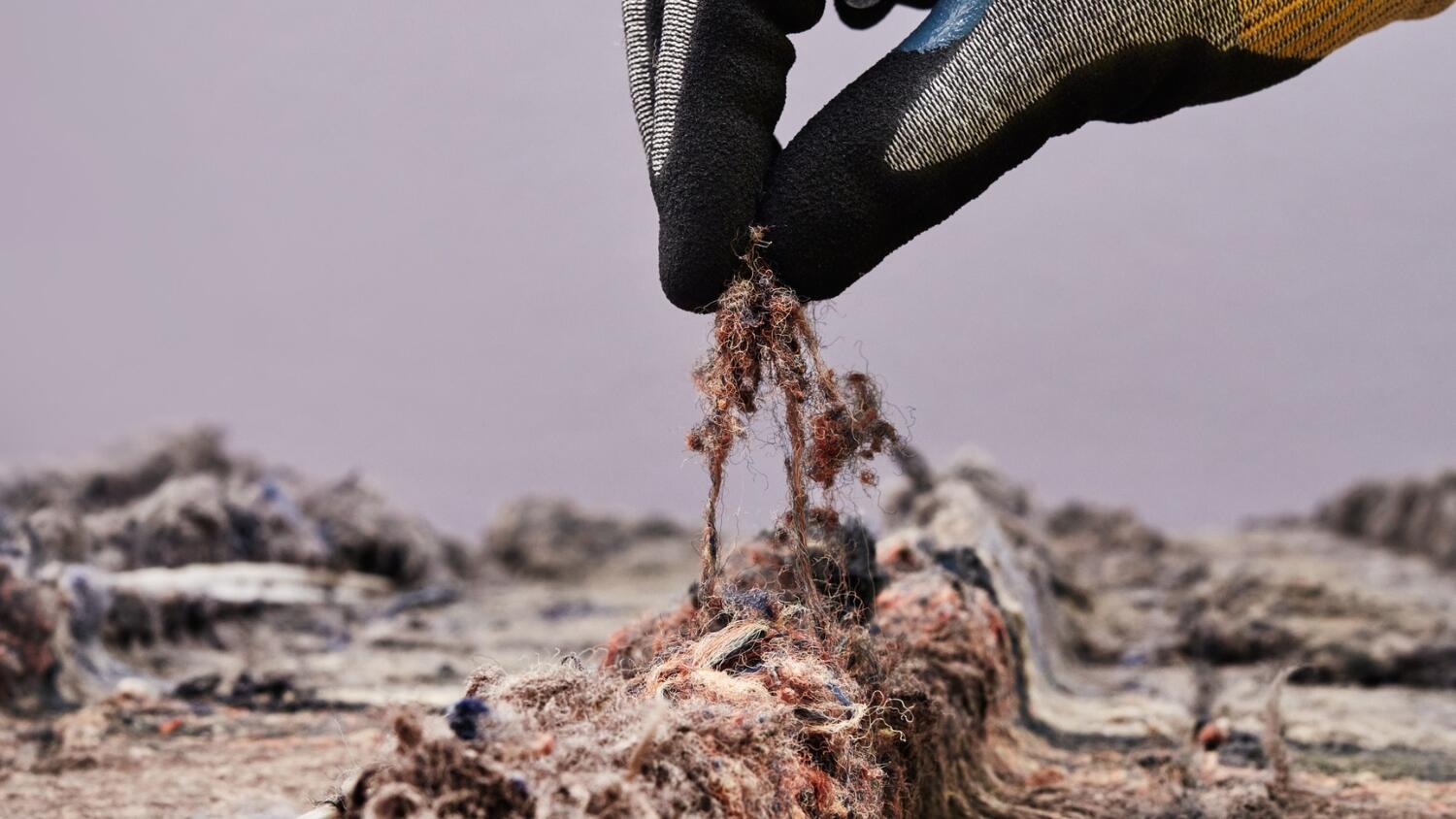
Making a Sustainable Choice - Key Questions to Consider:
Sustainability isn’t just about the materials we use— it’s about understanding the entire lifecycle of a product, from production to the end-of-life scenario.
When considering sustainable options for your next project, here are three critical questions to ask:
Is there an externally verified EPD?
- An Environmental Product Declaration (EPD) is an independent verification of a product's environmental impact. Look for products with verified EPDs to ensure you are making a sustainable choice.
What is the End-of-Life scenario in the EPD?
- Many products appear sustainable during use, but what happens at the end of their life? A product’s end-of-life scenario reveals whether its materials can be recycled or if they will end up in a landfill or incineration. Understanding this can help evaluate the product’s true long-term environmental impact.
What is the total carbon footprint, including the end-of-life scenario?
- The total carbon footprint of a product includes its impact across all life stages (modules A-D), as shown in the EPD under GWP-Total or GWP in kg CO2 eq. When an EPD outlines multiple end-of-life scenarios, it means each scenario results in a different total carbon footprint. To truly assess a product's environmental impact, it's important to look beyond A1 – A3 (Cradle-to-Gate) and consider its entire lifecycle (Circular Carbon Footprint).
Need help calculating the total carbon footprint of products? Contact your Tarkett representative for help
Footnotes:
1Circular Carbon Footprint: according to the product specific Environmental Product Declarations (EPDs) S-P-13143, S-P-05827, S-P-08559, S-P-08561, S-P-09339, S-P-08952. Externally verified by Bureau Veritas, based on the total carbon footprint (Modules A-D) with a closed loop circular recycling scenario. Published March-June 2024
2 Circular Carbon Footprint: according to the Environmental Product Declaration (EPD) S-P-05827 – DESSO Recharge & Retrace externally verified by Bureau Veritas, based on the total carbon footprint (Modules A-D) with a closed loop circular recycling scenario.


